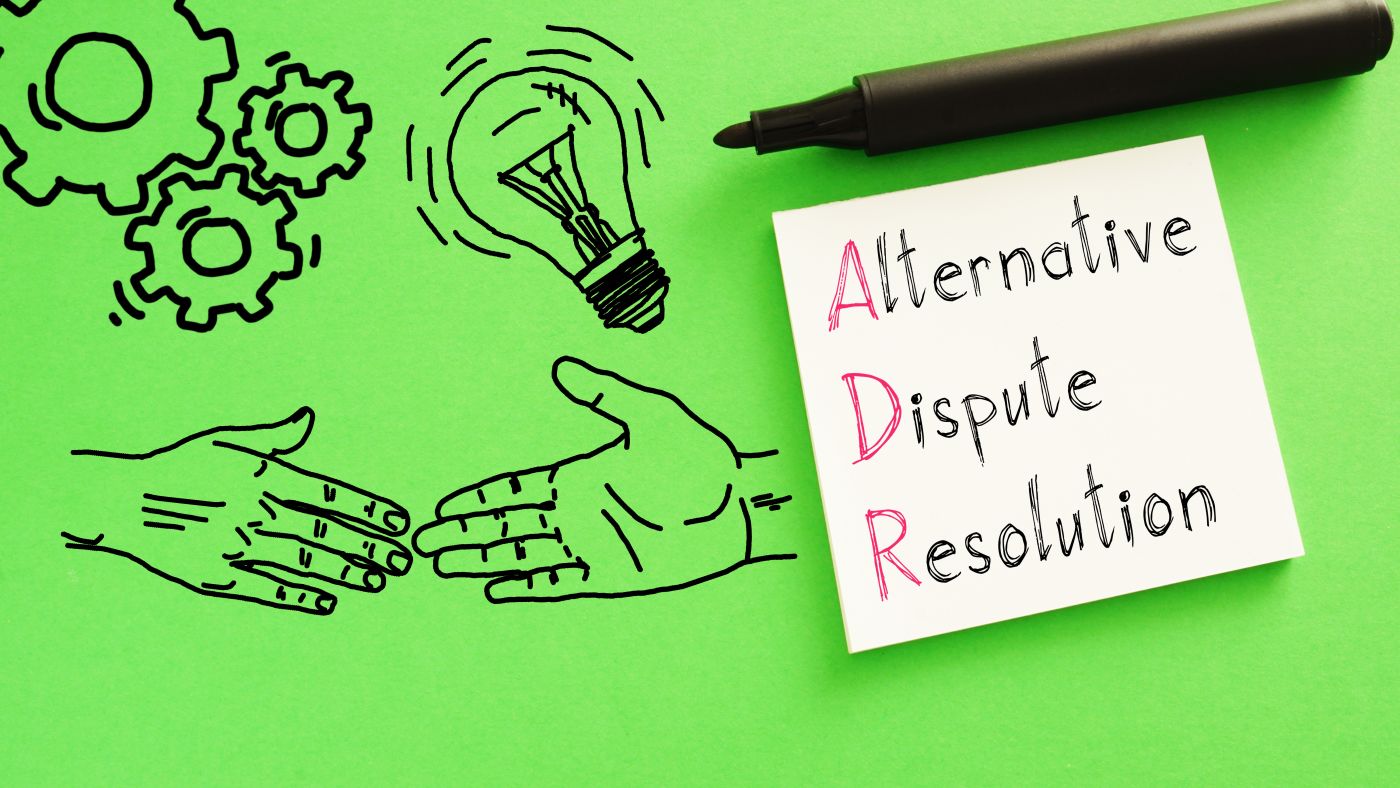The updated I-9 form for Employment Eligibility Verification is now available and in effect as of August 1, 2023. The prior version of the I-9 form (rev. 10/21/2019) may still be used until 10/31/2023. As of November 1, 2023, the new I-9 form must be used for all new employment eligibility verification. Click here for detailed instructions for completing the updated form.
Employers should conduct their in-person examination of documents using the updated I-9 form. There are some notable changes to the new I-9 form.
The form is more user friendly and can be completed on a tablet or smartphone.
The overall length of the form has been reduced to one page for the employee to complete.
A separate one-page section is to be completed by the employer.
There is a revised list of acceptable documents, along with guidance and links.
There are some procedural changes for remote document examination that employers must be aware of and follow immediately:
Due to the Covid-19 pandemic, from March 20, 2020, to July 31, 2023, employers were allowed to examine qualified documents remotely if the employer was enrolled in E-Verify and had created a case file for the employee at the time of the examination. This option is no longer allowed, and the new Department of Homeland Security (DHS) procedure (as described below) must be followed.
If the employer was not enrolled in E-Verify at the time of remote document examination, the employer is now required to go back and conduct a physical, in-person examination of the documents. This in-person examination must be completed by August 30, 2023, to be in compliance with the new regulations.
DHS has established an alternative verification procedure to be used for examining documents remotely or to verify the eligibility of remote employees.
Employers who choose to use this verification procedure must use it consistently for all employees at a given worksite.
Employers may also choose to use this method only for remote hires.
In order to participate in remote examination of documents, the employer must:
Enroll, or be enrolled, in the E-Verify program and be in good standing.
Create an E-Verify case file if the employee is a new hire.
Examine, within 3 business days of first day of employment, the employee’s identity and employment authorization documentation of acceptable form I-9 documents or an acceptable receipt to ensure that the documents presented reasonably appear to be genuine.
Conduct a live video interaction with the individual presenting all documents to ensure that they reasonably appear to be genuine and related to the individual. The employee must first transmit a copy of the documents to the employer and then present the same documents during the live video interaction.
Indicate on the I-9 form, by completing the corresponding box, that an alternative procedure was used to examine the documents to complete Section 2 or for reverification, as applicable.
Retain clear and legible copies of the documents (front and back, if 2-sided).
In the event of an I-9 form audit or investigation, make available the clear and legible copies of the documents presented by the employee for examination in connection with the employment verification process.
If you are using this alternative procedure, there is a checkbox to mark on the form (see step 5 above). More information on the specific steps to follow can be found in the Handbook for Employers: Guidance for Completing Form I-9 (M-274).
The retention period for I-9 forms remains the same. It is three years after the date of hire, or for one year after employment ends, whichever is later.
For additional information about the information contained in this post or assistance with any questions about your business, the attorneys at B&D are ready to help you. Reach out to us.


